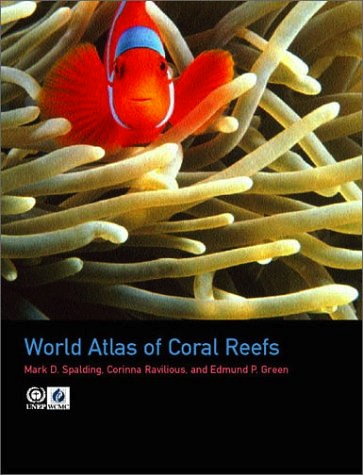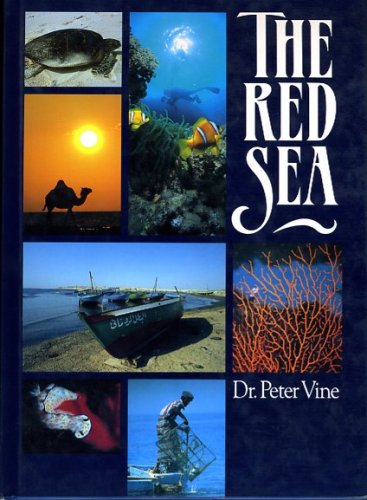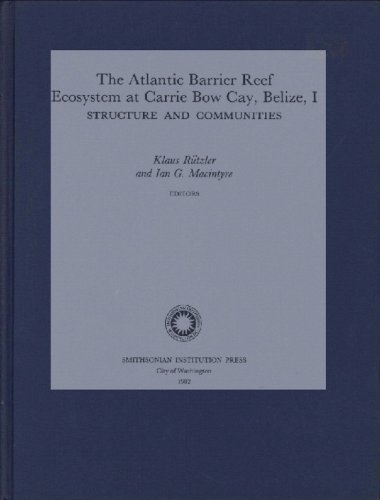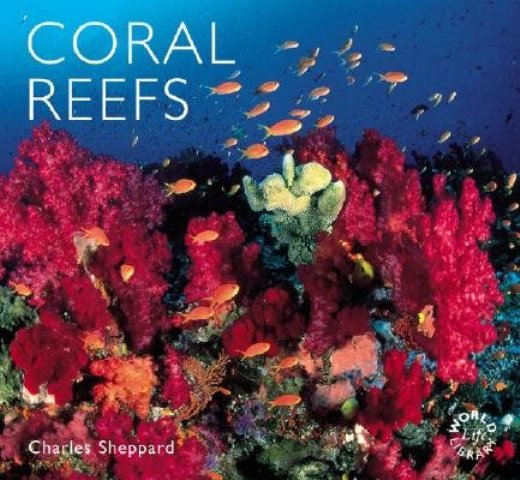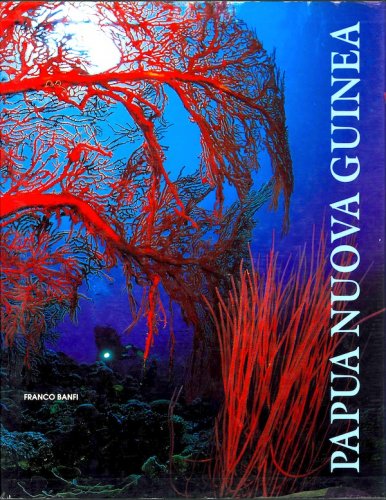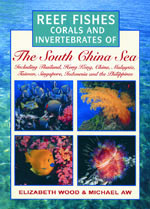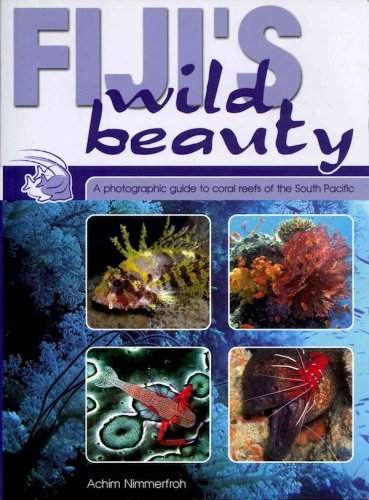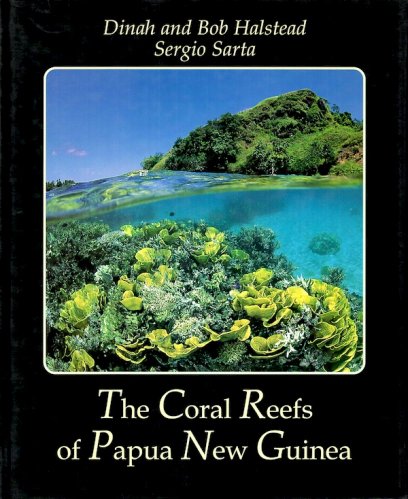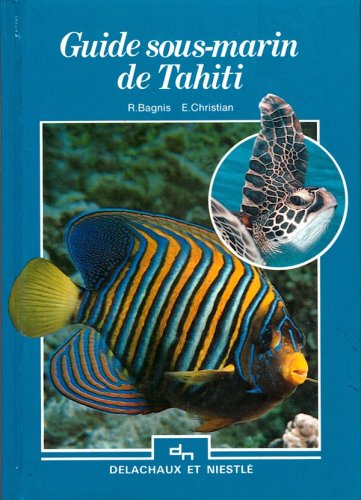Coral reefs are one of the most biologically diverse habitats in the world, host to an extraordinary variety of marine plants and animals. They are also one of the world's most fragile and endangered ecosystems. The growth of mass tourism, combined with the boom in popularity of scuba diving, has brought these spectacular ecosystems to public attention across the planet. Coral reefs provide essential fish habitat, support endangered and threatened species, and harbor protected marine mammals and turtles. They are a significant source of food, provide income and employment through tourism and marine recreation, and offer countless other benefits to humans, including supplying compounds for pharmaceuticals. Yet coral reefs around the world are rapidly being degraded by a number of human activities, such as overfishing, coastal development, and the introduction of sewage, fertilizer, and sediment. World Atlas of Coral Reefs provides the first detailed and definitive account of the current state of our planet's coral reefs. With its wealth of authoritative and up-to-date information, the finest maps available, and detailed descriptive texts and images by leading experts, this full-color volume will be a critical resource for anyone interested in these vital environments. World Atlas of Coral Reefs contains eighty-four full-page newly researched and drawn color maps, together with more than two hundred color photos illustrating reefs, reef animals, and images taken from space by NASA astronauts during the 2000 and 2001 space shuttle flights. The authors provide a wealth of information on the geography, biodiversity, and human uses of coral reefs, as well as details about the threats to their existence. Prepared at the UNEP-World Conservation Monitoring Centre in Cambridge, England--the United Nations office responsible for providing authoritative information on the condition of global biodiversity--the Atlas will be a critical tool for scientists, students, policymakers, and planners at local, national, and international levels alike. Publication of the World Atlas of Coral Reefs is supported by international institutions including the United Nations Environment Programme; The Marine Aquarium Council, The International Coral Reef Initiative; ICLARM--The World Fish Center; the Professional Association of Diving Instructors, and the Aventis Foundation.
Data pubblicazione
01/01/2001

